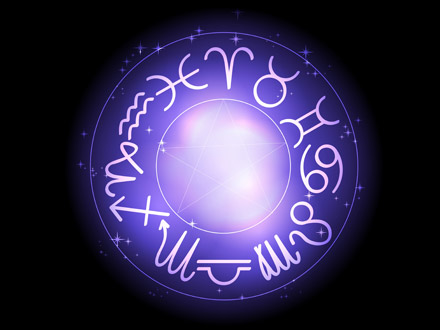Records from ancient times show that astrologers were banned from the cities. At this time, even if they were more accepted by society at large, they were nonetheless identified as charlatans and swindlers. Particularly if they provided answers which did not match the expectations of their clients (such as the Roman Emperors and Egyptian pharaohs). In this case (a ‘wrong prediction’) the astrologers easily paid with their life or at least with one of their limbs. Apart from these extreme cases astrology, the science of stars and planets – where the science could be misleading - was well received by the general population.

In the Middle Ages astrology was labelled many times as ‘pagan’, this label referred to the religious aspect as well. But then the thousands years old knowledge of astrology began to be used by real sciences such as astronomy. For example Johannes Dee studied astrology and astronomy in parallel.
Nowadays hearing astrology described as a science sounds ridiculous and out of date. And yet in recent times astrology has become very popular in terms of daily horoscopes, etc.. On one hand there are the sceptics, who consider astrology a fake or pseudo-science, and on the other hand there are the ‘practised’ astrologers who represent the other side, thinking of astrology as quite the opposite. The fact remains that the claims of astrologers cannot be supported by scientifically proved, concrete evidence. It is also true that there are some scientific phenomena that cannot be proved, they are still only hypotheses or theories.
Still today the verdict concerning astrology is ambivalent. In turn, most would agree that the stars merely ‘predispose’ us and do not determine our life or fate.